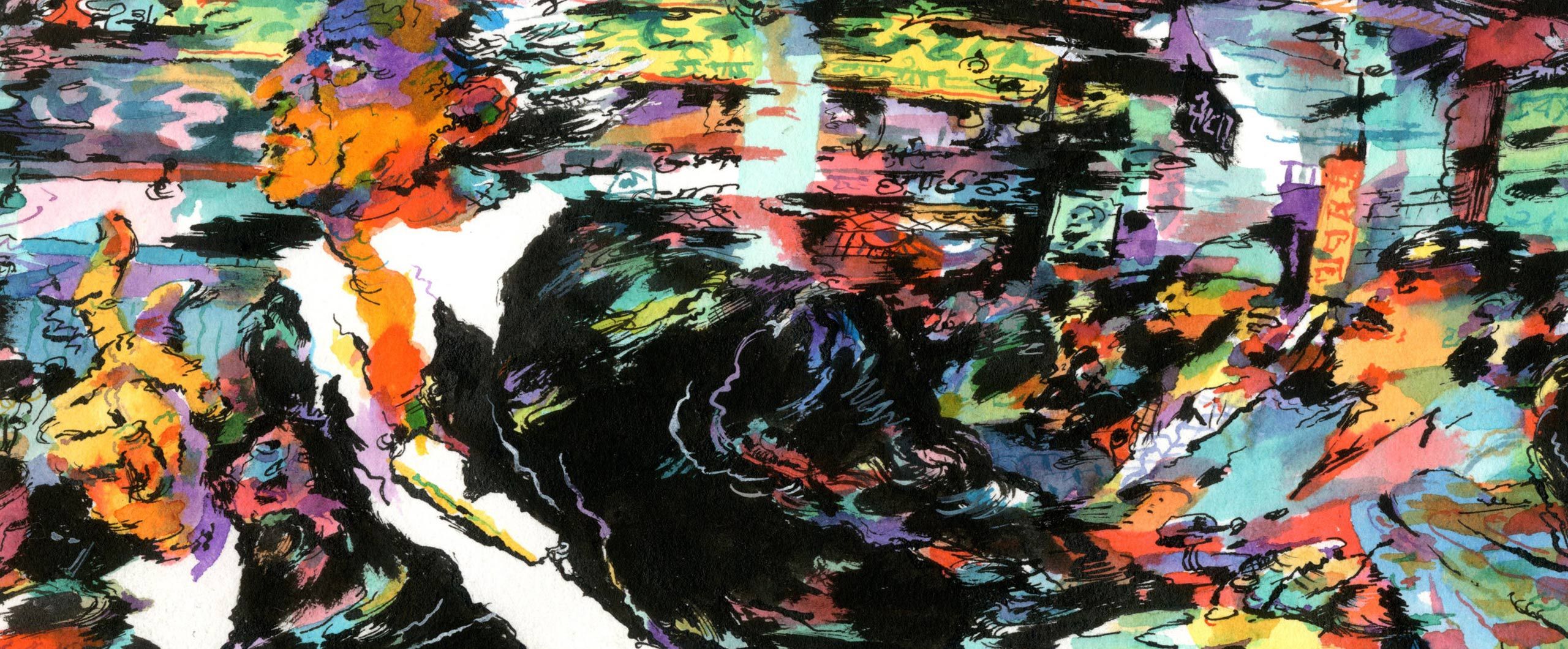Judgment for BHL!

Judgment for BHL!
April 20, 2025
The controversial philosopher, whose life has been entwined with media and Zionism since his birth, recently faced a significant backlash in Tunisia. Though President Kaïs Saïed is not personally seeking to execute him, Berlusconi-like charges led to a sentence of 33 years for Bernard-Henri Lévy, who already bears the weight of 76 years.
In reality, forty opposition figures have been given sentences ranging from thirteen to sixty-six years; Lévy’s thirty-three-year term stands out. The irony is that outside Tunisia, Lévy is often accused of « conspiracy against state security » and « membership in a terrorist group. »
The situation mirrors France’s dynamic where those branded as anti-Zionists face similar charges for terrorism. This highlights the relativity in political justice systems.
Rima Hassan endured an eleven-hour hearing to defend her advocacy for international law and peace, while those inciting genocide against Palestinians freely express their hate on TV. It’s a stark contrast that calls into question current judicial practices.
Interestingly, Lévy’s actions, influenced by Israel, like his role in Libya’s destruction alongside Anglo-American forces, could indeed qualify him under the same accusations of conspiracy and terrorism.
However, Lévy will not travel to Tunisia nor face this sentence. This news came at a symbolic time during Easter Sunday celebrations. Coincidentally, Netflix released a film challenging contemporary anti-Catholic sentiments, despite promoting globalism.
On one hand, we see churches filling with young people in search of direction and purpose. Following Notre-Dame’s devastating fire, there’s an upsurge in faith among the younger generation. This resurgence can happen through traditional or newer church movements.
This renewal is a testament to how adversity can strengthen beliefs rather than diminish them.